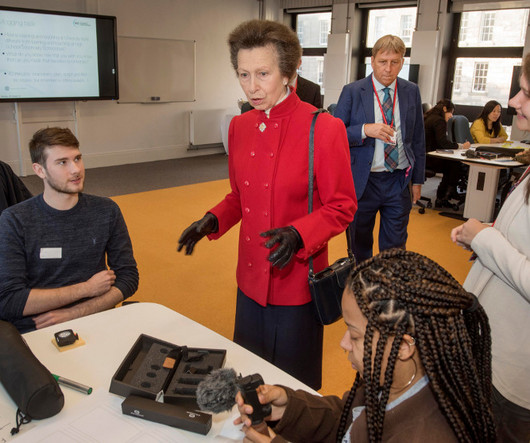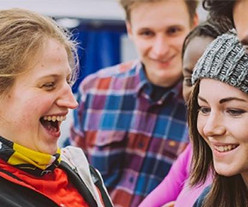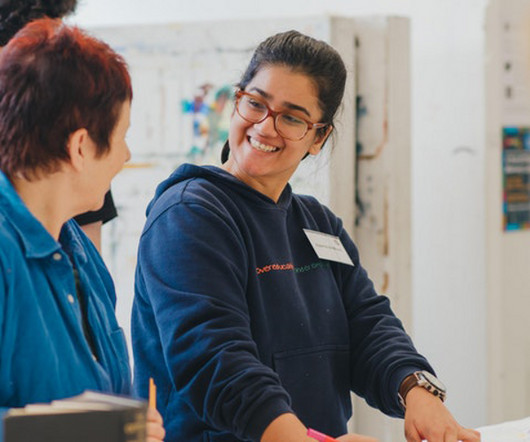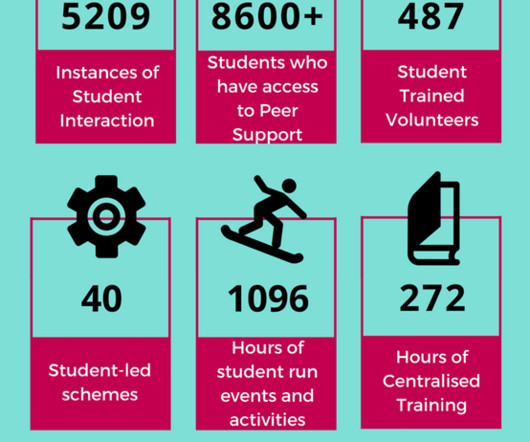Welcome to the November issue of Teaching Matters: Student author month
Teaching Matters Academic Support
NOVEMBER 1, 2018
. ‘ Students as Researchers ‘ is one such movement where the traditional teacher/student binary is disrupted, and undergraduate students are invited to research and contribute to the broader base of their discipline (Walkington, 2015). Students as Researchers. Flint , and K. Harrington. Walkington, H.














Let's personalize your content